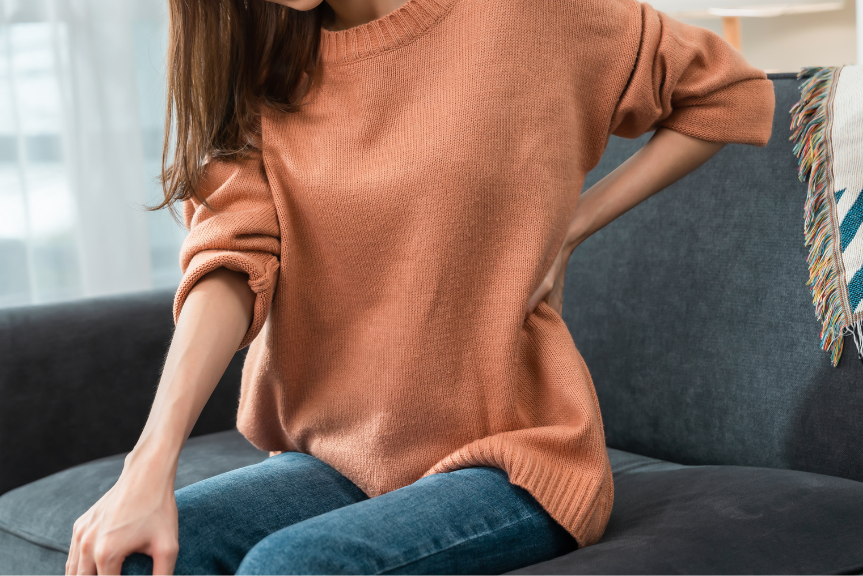
Menopause and Joint Pain
Menopause, that phase of life that arrives with a mix of excitement and challenges, can sometimes bring along an unexpected guest: joint pain. But don't worry, there's a silver lining to every cloud, and managing joint pain can be a breeze with the right approach. Let's dive into the world of menopause and joint pain and discover how you can stay spry and upbeat!
Title
